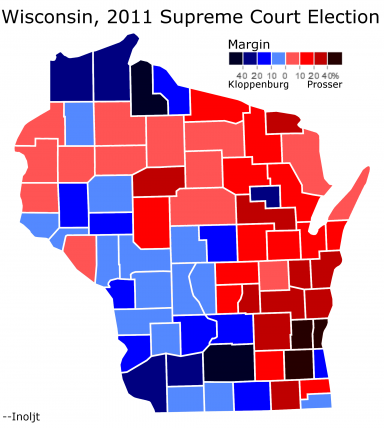Tom Watson, the MP who led the charge against Murdoch’s UK empire, is asking for help

On the eve of Lowell Bergman’s excellent PBS documentary (tonight 10 PM PBS) on the original Hackgate allegations that closed News of the World, we have a data dump which actually takes the hacking allegations to a whole new level: to a global News Corp security group which appears to have been behind pay-TV hacking across the world.
Last Night’s BBC1 Panorama Documentary
Through a series of reconstructions, hidden surveillance cameras and interviews with the key players, Panorama alleges that the piracy which crippled ITV Digital was a deliberate attack by the News Corp. subsidiary NDS, which produces about 75 per cent of the encryption software that protects access to pay-tv. The programme centres on an exclusive interview with Lee Gibling, the man behind The House of Ill Compute website which was, until it was closed down in 2001, the main source of codes and software for manufacturing pirate access cards.

 OK. I’ll answer my own question right off the bat. Yes. Losing would be horrendous. It would be horrendous for us politically and policy-wise. It would validate those on the right who claim the mantle of The Constitution (along with God, Reason, History, Morality, etc.). If the mandate alone falls, the whole thing becomes an economic albatross.
OK. I’ll answer my own question right off the bat. Yes. Losing would be horrendous. It would be horrendous for us politically and policy-wise. It would validate those on the right who claim the mantle of The Constitution (along with God, Reason, History, Morality, etc.). If the mandate alone falls, the whole thing becomes an economic albatross. 
 Colorado’s Senate has passed a bill called “First Degree Homicide Of The Unborn Child Bill”, according to
Colorado’s Senate has passed a bill called “First Degree Homicide Of The Unborn Child Bill”, according to 